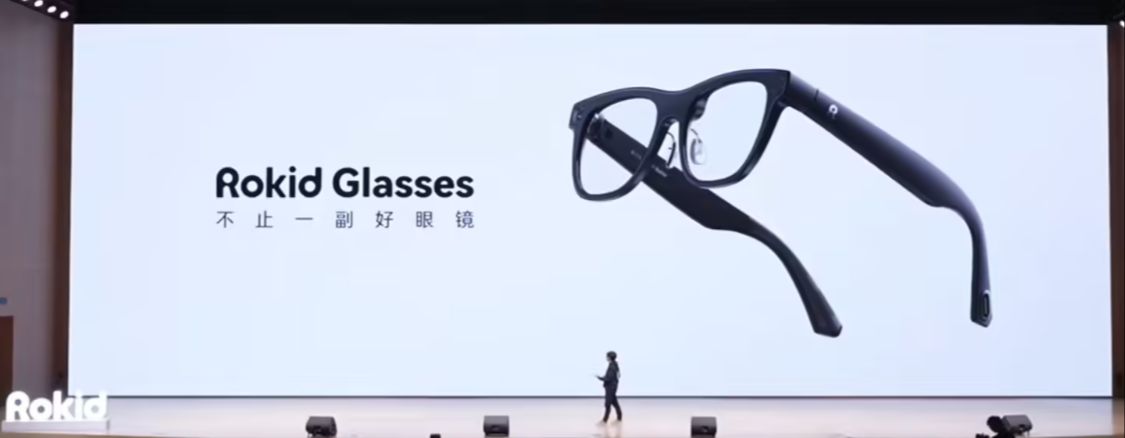March 10th.Rokid Glasses The AR glasses were released in November last year, equipped with Ali Tongyi AIIt is priced at $2,499.

Rokid today announced that in today's AI big model blowout, only carry a AI big model obviously can not meet the user's demand for AI, so Rokid Glasses evolved again.
To date, with the exception of the Tongyi Thousand Questions.Rokid Glasses also integrates several big models such as DeepSeek, Beanbag, Smart Spectrum Clear Speech, and NanoSearchRokid Glasses categorizes and manages these big models into base models, vision models, search models, etc.
The base model is responsible for overall AI capabilities, such as dialog, Q&A, and calling product functions; the vision model is responsible for processing visual information, such as recognizing objects; and the information model is responsible for searching for the most up-to-date information of the moment and integrating and summarizing the information for the question being answered.1 AI is accompanied by a classification diagram as follows:

Each model has its own specialty.Rokid Glasses intelligently distributes user requests to different models based on different scenarios.For example, Tongyi's style is strict and objective, and Doubao's style is more relaxed and playful, like a friend. For example, Tongyi's style is rigorous and objective, showing the image of a professional assistant secretary, while Doubao's style is more relaxed and playful, like a good friend, and users can choose their preferred big model on the App side.
also,Rokid Glasses supports users to customize and configure their own private models.The OpenAI standard API allows you to call your own private big models to meet the needs of more research and specialized fields.
Multiple macromodels working together means that Rokid Glasses' AI is highly scalable, with the flexibility to configure different macromodels according to user scenarios and needs.It also implies more stringent requirements for the information distribution logic and intent distribution algorithms of its system.
In actual use, the information received by the glasses is diverse and complex, how to ensure fast and accurate interpretation of information and give feedback is the first problem that the R&D team has to overcome. Generally, AI smart glasses will throw all the acquired information to the big model in the cloud to let the big model judge by itself, under this mode, the big model often needs more time to recognize and respond, resulting in poor user experience and long response time.
While Rokid integrates self-developed intent classification models on the end-side, theIntent categorization can be done in less than 2 milliseconds., which then distributes the request to different models.